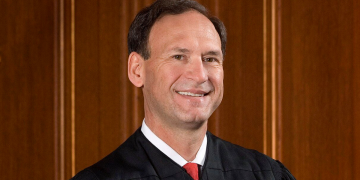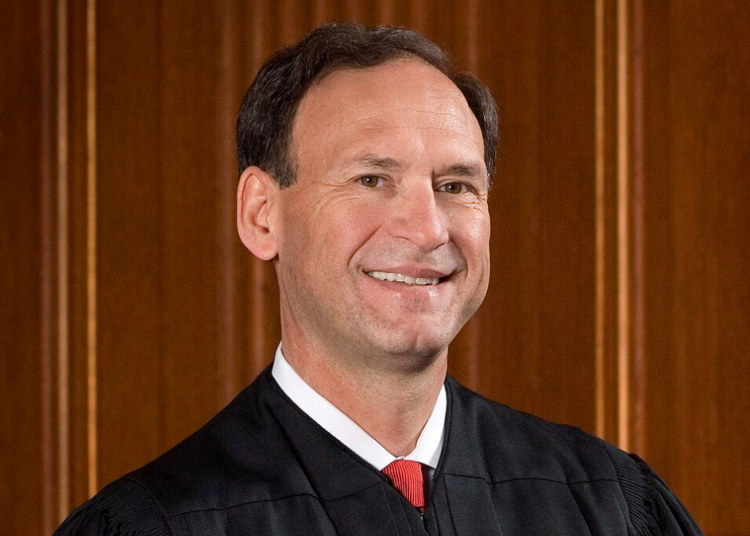Supreme Court Justice Samuel Alito didn’t mince words this week, admonishing lower courts for evading difficult but crucial rulings on whether public schools can facilitate gender transitions for children without informing or involving parents. He warned that judges may be shirking their responsibility in the face of politically charged issues.
Alito issued his sharp critique in a concurring opinion, saying that courts often avoid the “hard questions”—especially when they involve children, gender identity, and parental rights. He urged that judges stop sidestepping constitutional principles out of fear or ideological discomfort.
The justice pointed out a growing trend: school systems quietly pushing hormone treatments, name changes, or pronoun policies, leaving parents in the dark. When these matters reach the courts, he complained, judges often dismiss them on procedural grounds—wrapping themselves in technicalities instead of addressing the substance.
Alito reminded lower court judges that their job isn’t to avoid controversy, but to adjudicate rights—even in thorny cultural disputes. He stressed that if courts lack backbone when confronting issues of family, education, and bodily autonomy, essential liberties suffer.
This rebuke comes at a time when more states are enacting laws to protect parental notification and consent. Alito’s admonition is a clear signal that the Supreme Court may soon demand that lower courts face—not dodge—these controversies over schools and radical gender policies.




















Discussion about this post